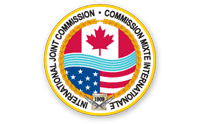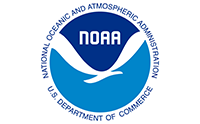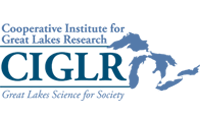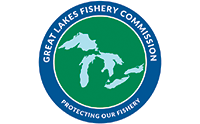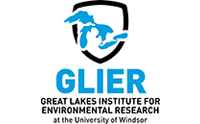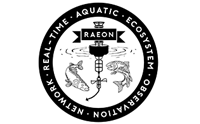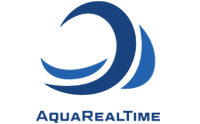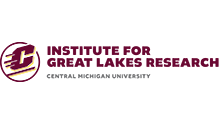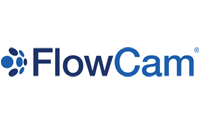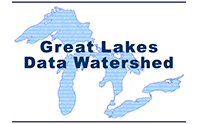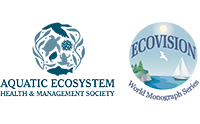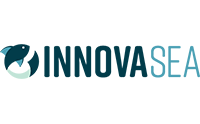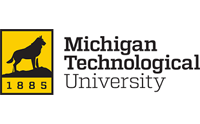

Workshops
Monday 1–2 p.m. | Room 1
Automatic/explainable machine learning with H2O.ai in R for Great Lakes research
Organized by Timothy J Maguire
Great Lakes water quality research recently underwent a data shift. Previously, data were limited to expensive time intensive sample collection in the field. Today, automated in-situ data technologies are increasing the spatial scale, frequency, and amount of data available for analysis. As ecologist we must now begin to adopt tools of data scientists in order to bring these new large datasets to bear on hypothesis testing. In response, we are running a 1-hour workshop on the use of machine learning techniques applicable to Great Lakes water quality research. The co-chairs represent a researcher who uses machine learning techniques in R and a data scientist from a leading machine learning software developer. The workshop will have three sections (1) introduction to Great Lake issues necessitating the use of machine learning and an introduction to H2O.ai software, (2) a case study of multivariate non-linear analysis using Quagga and Zebra mussel data from Lake Huron, and (3) a review of how the machine learning output can be interpreted in the context of Great Lakes research. The workshop will be a combination of PowerPoint presentation and live-example R code, both the code and data used in the workshop will be publicly available. This workshop will be entirely presented on-line and we anticipate participants questions following the presentation. Data is driving research making this workshop broadly attractive to graduate students, academic principal investigators, regulators, and private industries whom are all awash in data.
Monday 1–4 p.m. | Room 2
Broadening the impact of your work: designing a route to intentional engagement
Organized by Martha Gerig
Applied scientists must factor in end users of their research and the needs of communities that research affects or serves, whether it’s the requirement of a funding program, a mechanism for informing project development, or a step in the operationalization of research outputs. It can be difficult to know where to start, given the many terms used to describe involving people or partners in research, management, or decision-making. In this workshop, you will learn solid definitions for each of these terms, explore when and why engagement makes sense in your research program, glean best practices from case studies of selected approaches, and reflect on how you might broaden your initiatives using some of these methods for clearer science, better engagement, and greater inclusivity.
Monday 1–2 p.m. | Room 3
Best practices for monitoring ecosystem & invasive species using modern genomics
Organized by Subba Rao Chaganti
Modern genomics tools development is rapidly increasing as the cost of the genetic tools are drastically decreasing day by day. Species specific biomarkers developed based on the genomic tools can produce results instantly and economically. These biomarkers can be used to detect and quantify using quantitative PCR (qPCR) for a wide range of species including but not limited to invasive species, native species, and endangered species, pathogens, harmful algal blooms. Environmental DNA (eDNA) sample collection and preservation is one of the key parameters for successful application of these genomic tools. We will focus on the 1) what precautions to take during the eDNA sample collection and preservations, 2) how to use the inventory of species specific biomarker database, 3) selection criteria for biomarkers, and 4) application of high throughput quantitative PCR for detection and quantifying over 50 species from an individual eDNA sample simultaneously.
Monday 2–4 p.m. | Room 4
The $500 Observing System: How to purchase, configure, and view real-time data with IoT sensors
Organized by Ed Verhamme and Jeff Pu
This workshop will guide participants through steps required to purchase, configure, and view real-time data from several cheap environmental monitoring sensors. There are hundreds to thousands of sensors available that scientists could be using right now to jump start their monitoring program or to integrate in to environmental science classroom activities. Participants will be able to see exactly the steps to take from unboxing all the way to viewing data online and setting up an online alert. Users will be able to create a free cloud account to join along as the demonstration is conducted and watch data flow from sensor to a LoRaWAN (long range wide area network) gateway and to several cloud servers.
